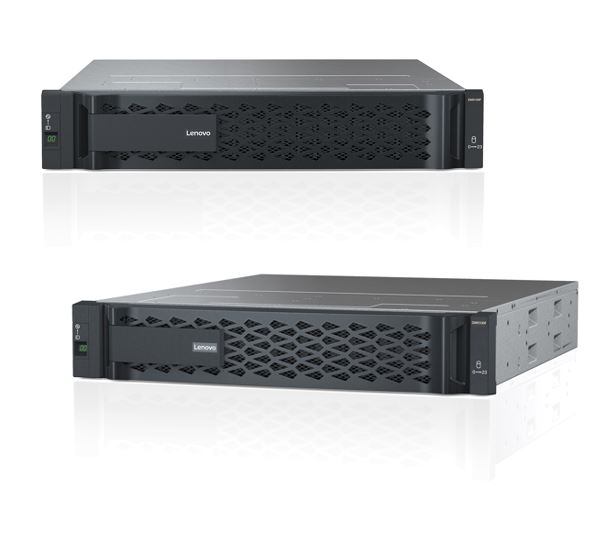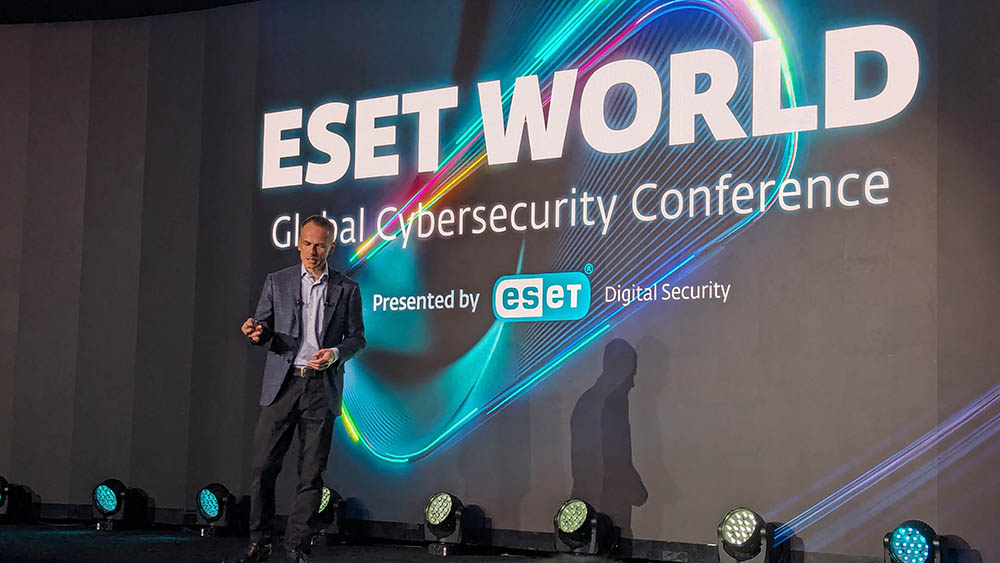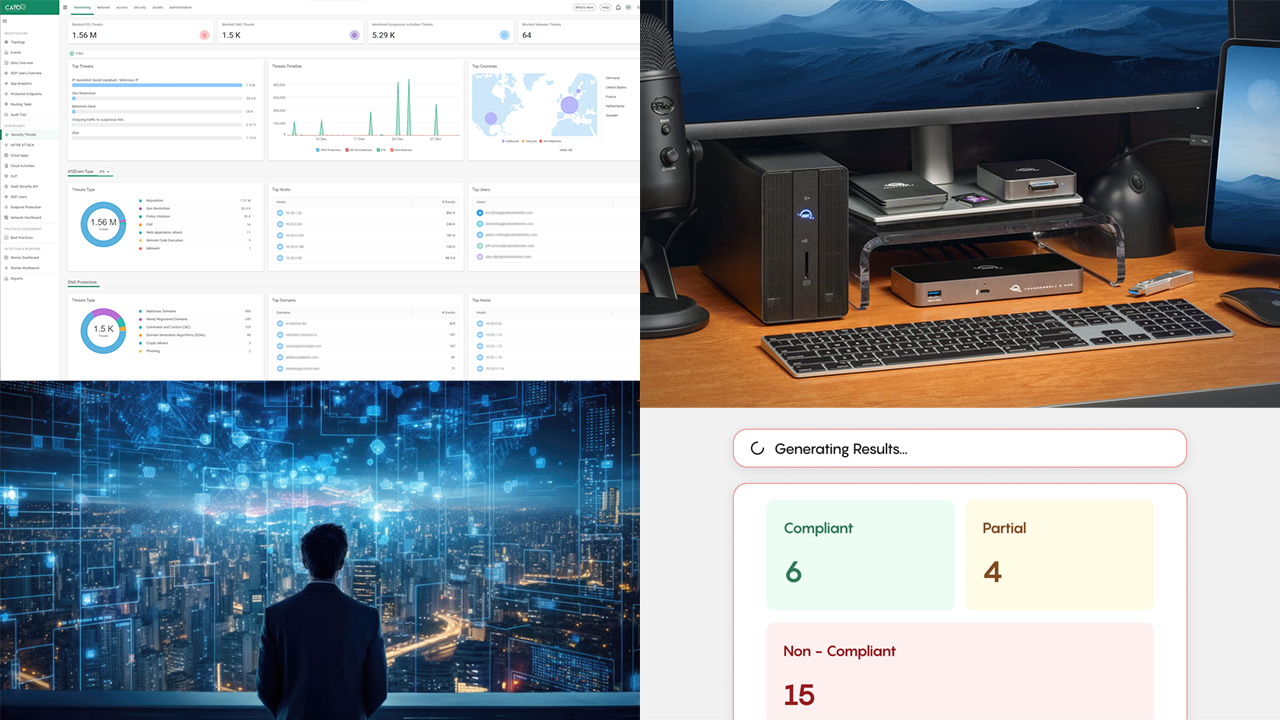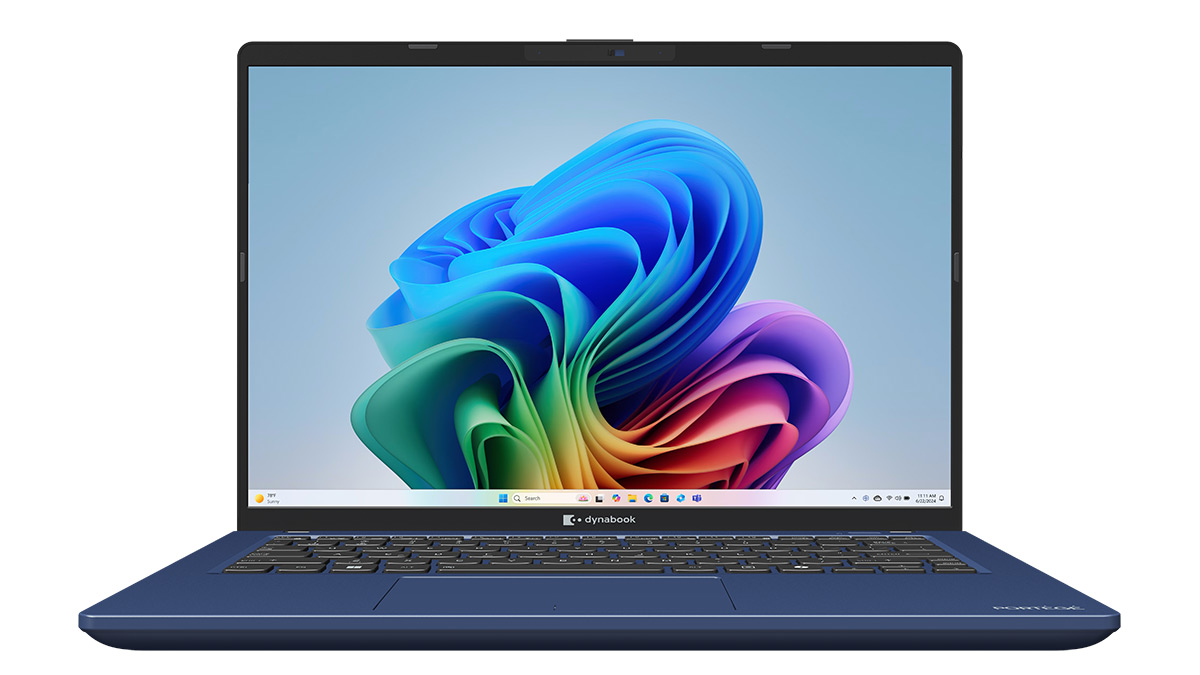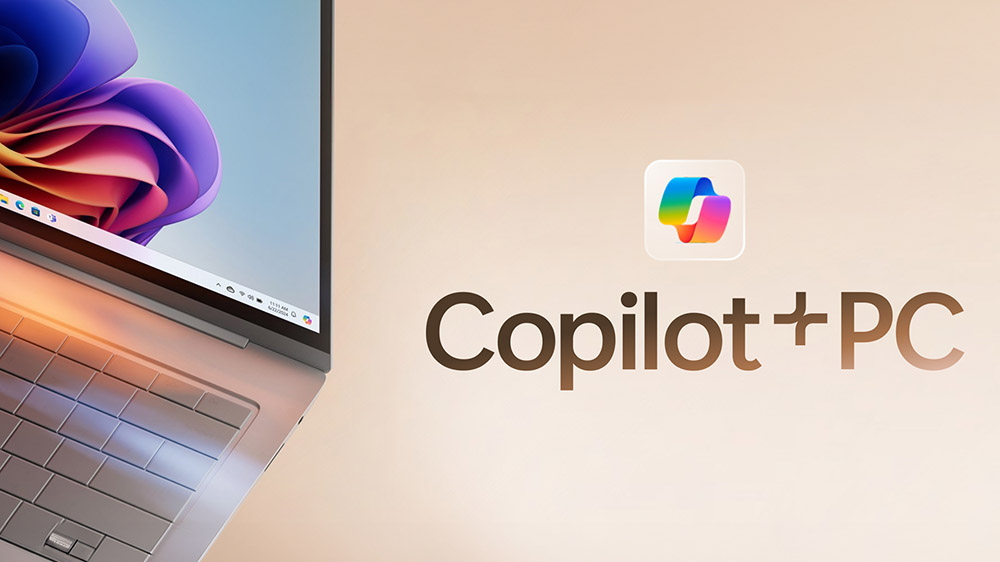Lenovo has introduced new products designed to help small, midsize, and large businesses streamline data management from edge to core to cloud.
Chief among them is the ThinkSystem DM5100F, an entry-level, all-flash, all-NVMe storage array engineered to support high-performance, low-latency workloads at an affordable price point. According to Lenovo, the new device will deliver up to 45% better performance than comparable previous generation units it replaces.
Like other, existing products in Lenovo’s DM Series family, the DM5100F integrates natively with the company’s servers and switches.
Those include the new Lenovo DB720S Fibre Channel Switch, which also debuted today. Equipped to support both 32Gbps and 64Gbps storage networking, the system is designed to provide higher speeds and 50% less latency than earlier units. It also comes with self-learning, self-optimizing, and self-healing functionality that, according to Lenovo, reduces downtime and simplifies SAN management.
Technicians can use the new 2.0 release of Lenovo’s ThinkSystem Intelligent Monitoring software to manage all of the products in a ThinkSystem storage environment. A cloud-based platform, the solution uses artificial intelligence to optimize data efficiency, track performance, provide advance warning when capacity is running low, and offer preemptive software upgrade recommendations. MSPs and other outsourced partners can use that functionality to manage storage more efficiently and with less downtime, according to Stuart McRae, executive director and general manager for storage in Lenovo’s Data Center Group (DCG).
“It allows them to be proactive in how they’re managing their customers’ storage,” he says.
A new version of the Lenovo ThinkSystem DM Series Storage Manager OS unveiled today supplements earlier support for file and block storage in DM Series arrays with support for Amazon S3 object storage as well.
“Being able to manage that as one with their other data types provides a lot of efficiency for customers,” McRae says. It also makes adding failover capabilities to hybrid cloud environments connected to S3-compatible online repositories easier, Lenovo says, and helps businesses add cold-data tiering from hard drives to the cloud or replicate data to the cloud more efficiently.
The solutions announced today arrive as companies of all sizes accumulate data in large and rapidly growing volumes. Together, in fact, businesses and consumers worldwide will create, capture, copy, and consume over 59 zettabytes of data this year, according to IDC.
“Data’s massively growing, and it’s not that data that’s important. It’s what you do with the data as well, and where the data resides and the speed of the data,” says Kamran Amini, DCG’s vice president and general manager of server, software, and software-defined infrastructure.
Artificial intelligence solutions are one way that businesses are increasingly putting their swelling data repositories to work. Lenovo recently introduced a reference architecture for AI training systems to help channel partners and IT departments participate in that trend. Produced in collaboration with NetApp and NVIDIA, the architecture combines ThinkSystem SR670 servers with NVIDIA GPUs and ThinkSystem DM5000F arrays.
“The goal is really to integrate all of that best of breed capability, provide one point of transaction, one point of support, and to make that efficient and affordable to people who want to deploy more analytics, more AI on the edge,” McRae says.
IDC expects global spending on AI to more than double over the next four years from $50.1 billion in 2020 to over $110 billion in 2024.
Lenovo rolled out a new DCG partner program designed to help the company gain share for its server, storage, and other data center products in April. Despite a slowdown in sales to SMBs this year due to the economic effects of the coronavirus pandemic, the company is making headway in attracting resellers and motivating them to rise through the new program’s revamped tiering structure.




